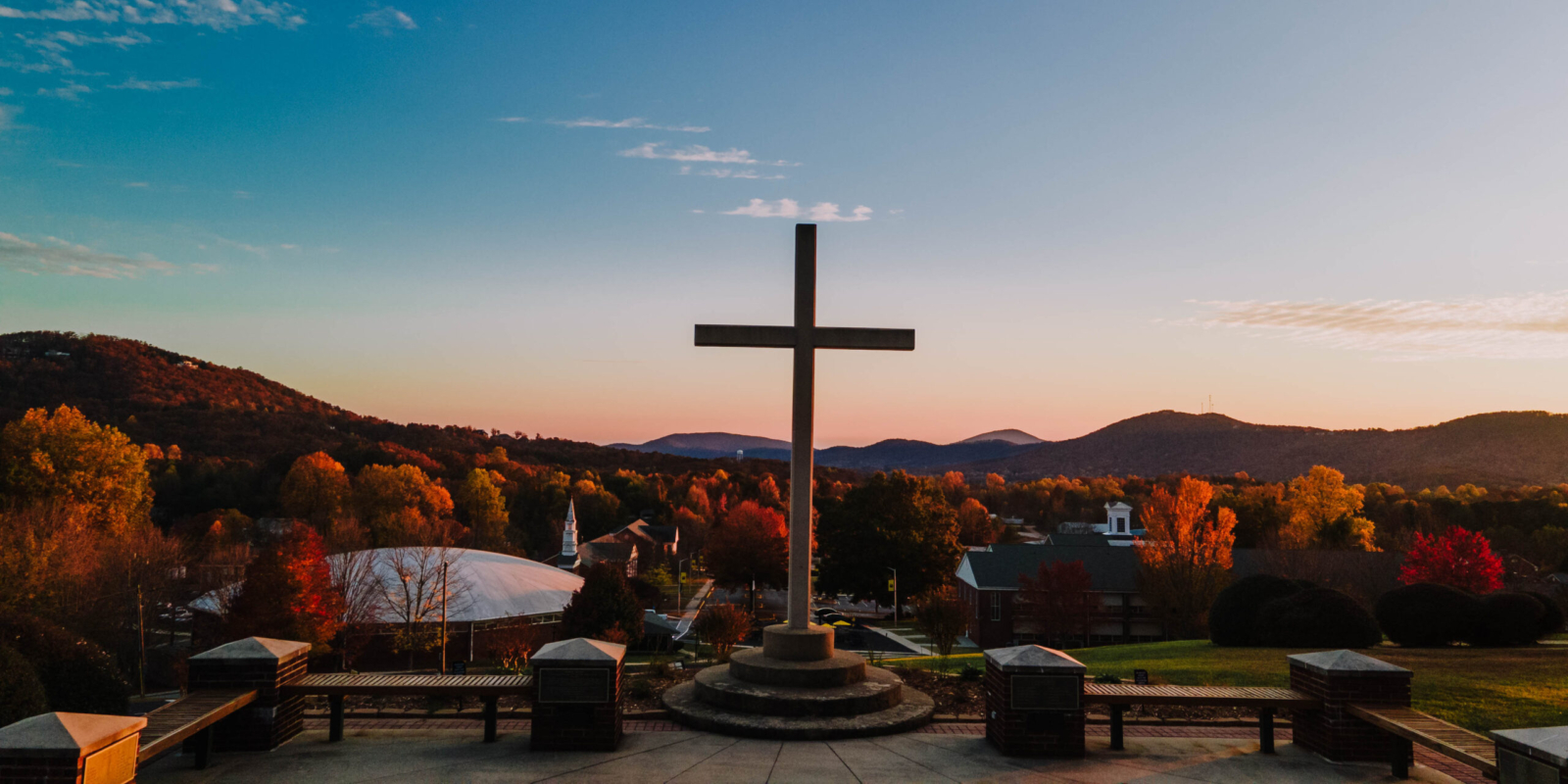by Scott Sienkiewicz Jonathan Morris (right) helped build relationships with tsunami survivors.
Jonathan Morris (right) helped build relationships with tsunami survivors.
CLEVELAND, Ga. (TMCNews) — A tsunami crushed the seaside villages of Iwate, Japan, March 2011, forever changing the landscape. Days later, Southern Baptists sent Disaster Relief volunteers. Six months later the work continues.
Jonathan Morris — director of residence life at Truett-McConnell College — joined a Georgia-based Disaster Relief team who traveled to Iwate in October under the auspices of the Georgia Baptist Convention (GBC). Morris and the team sorted debris, cleared rubble, and built benches and relationships at a temporary shelter for survivors.
Northern Japan’s people are deeply rooted in their villages, Morris said. Many have lived in their homes

for generations. The “people are so tied to their ancestors that many of them are struggling to move on,” he added, noting the government had restricted reconstruction in certain areas, leaving some with nowhere to go.
Morris — who several times took TMC students to the Gulf Coast after Hurricane Katrina — struggled to compare the Katrina disaster with Japan’s tsunami. “It’s really sad. Even as badas Katrina was, I felt like there was a lot more hope,” he said.
Morris noted the nothingness occupying the once lively villages, whose populace now stays ingovernment shelters. 
One shelter dweller told Morris, “I haven’t smiled in so long.”
“I thought, ‘How terrible.’ Laughter is like a staple in my life,” Morris said. “This lady had lost her grandparents and one of her children; and when we showed up to play Bingo, it was the first good day she’d had for a long time.”
Commending the work of Southern Baptists’ International Missions Board missionaries ministering in the region, Morris noted their commitment. He said it was an honor to work alongside missionaries, who daily share the Gospel with a culture that
venerates ancestors, and practices Shintoism or Buddhism.
“We have all these different avenues for spreading the Gospel,” Morris said. “I think it’s really important that we as Christians … respond to people … who are hurting physically.”
Recalling his first trip to the Gulf Coast, Morris said, “The thing that stuck with me more than anything is when you’re seeing all this physical destruction, it is merely a representation of the destruction that’s going on in peoples lives.”
Serving with GBC Disaster Relief was a “great representation of the love of God,” Morris added. “God loved us when we didn’t deserve it; He helped us out of our situation.” The ministry in Japan “created great opportunities to say, ‘God loves us, and we know that God loves you. And we love you too.'”
###
Scott Sienkiewicz is staff writer/videographer at Truett-McConnell College.
Return to News Archive
